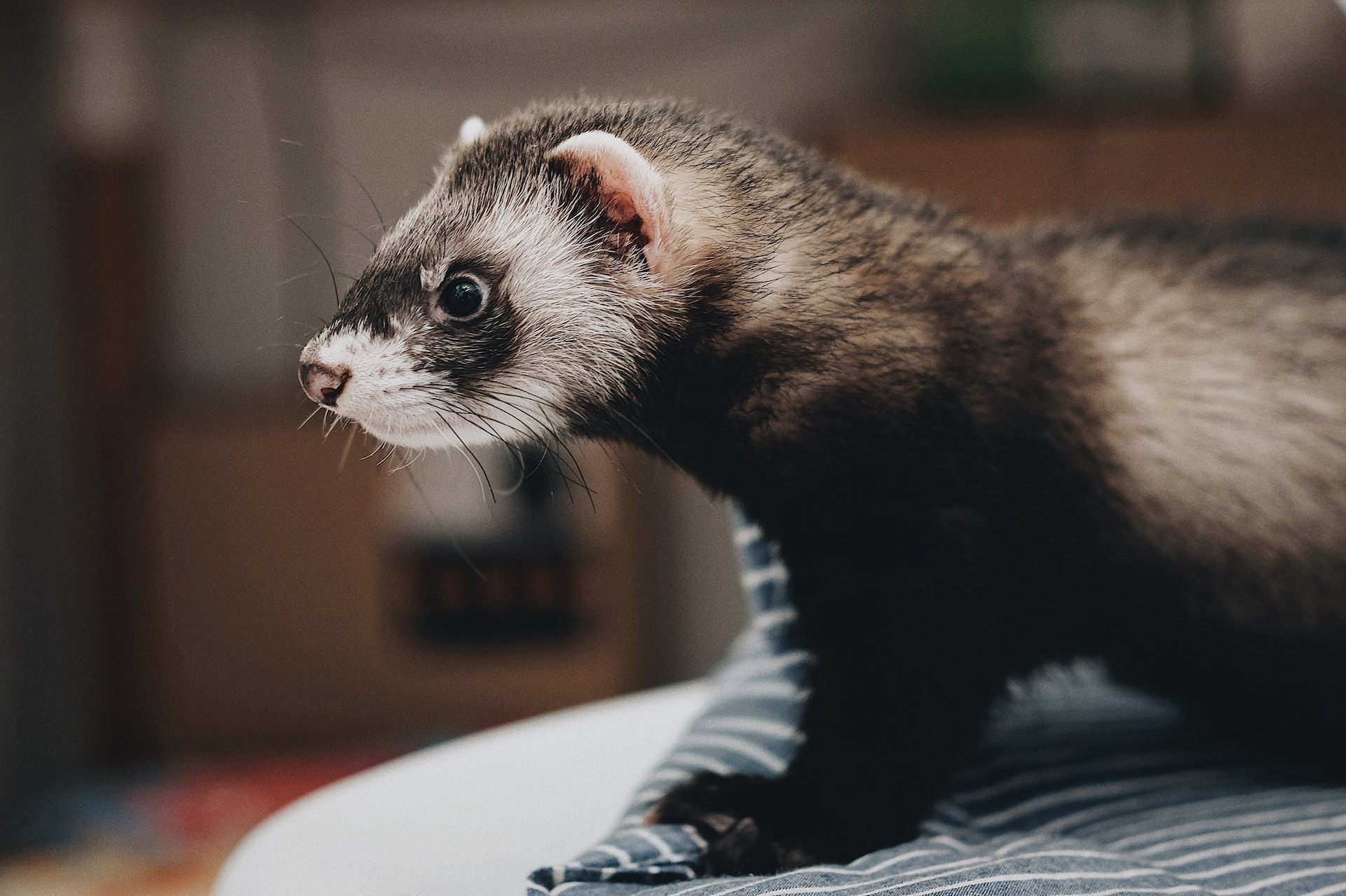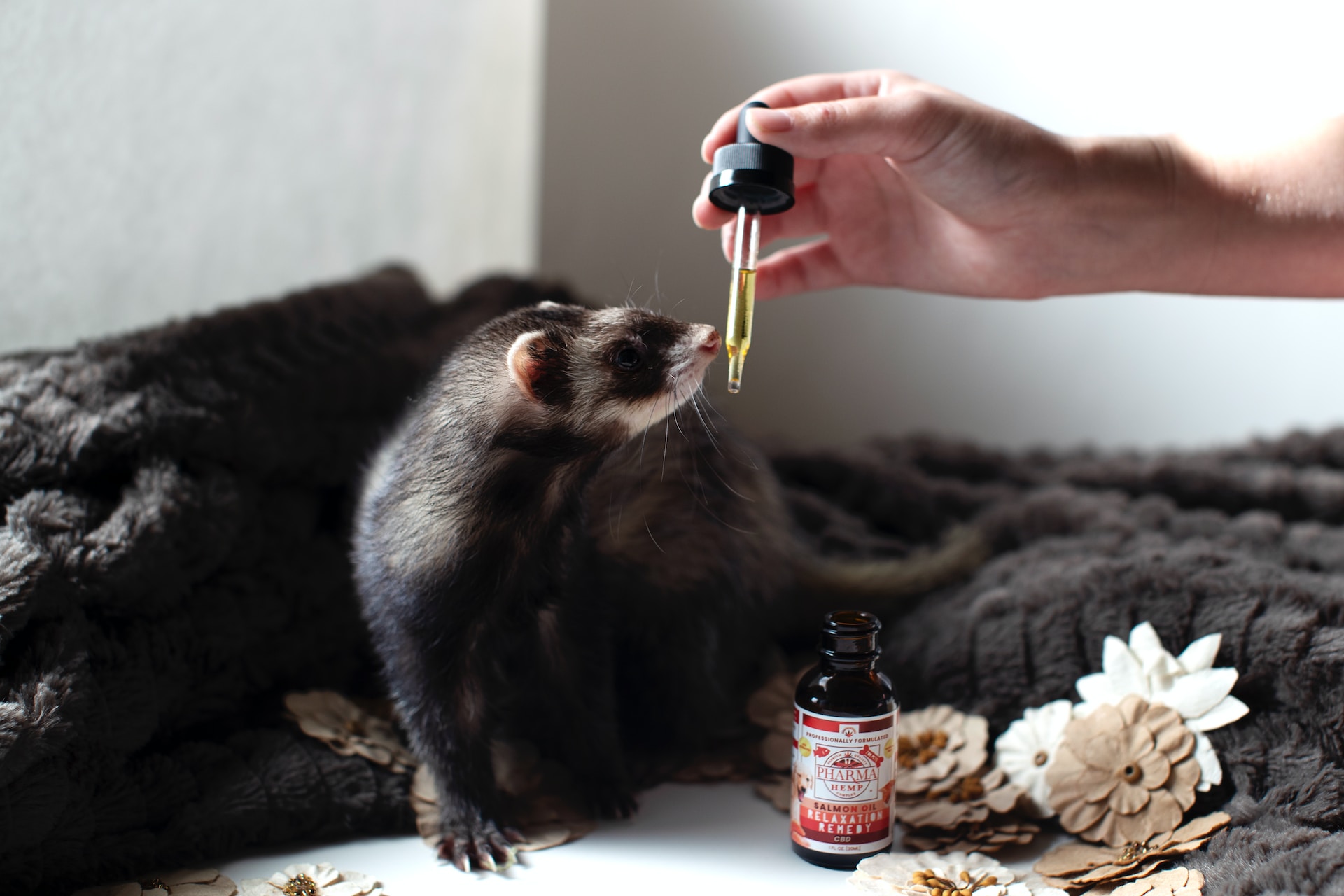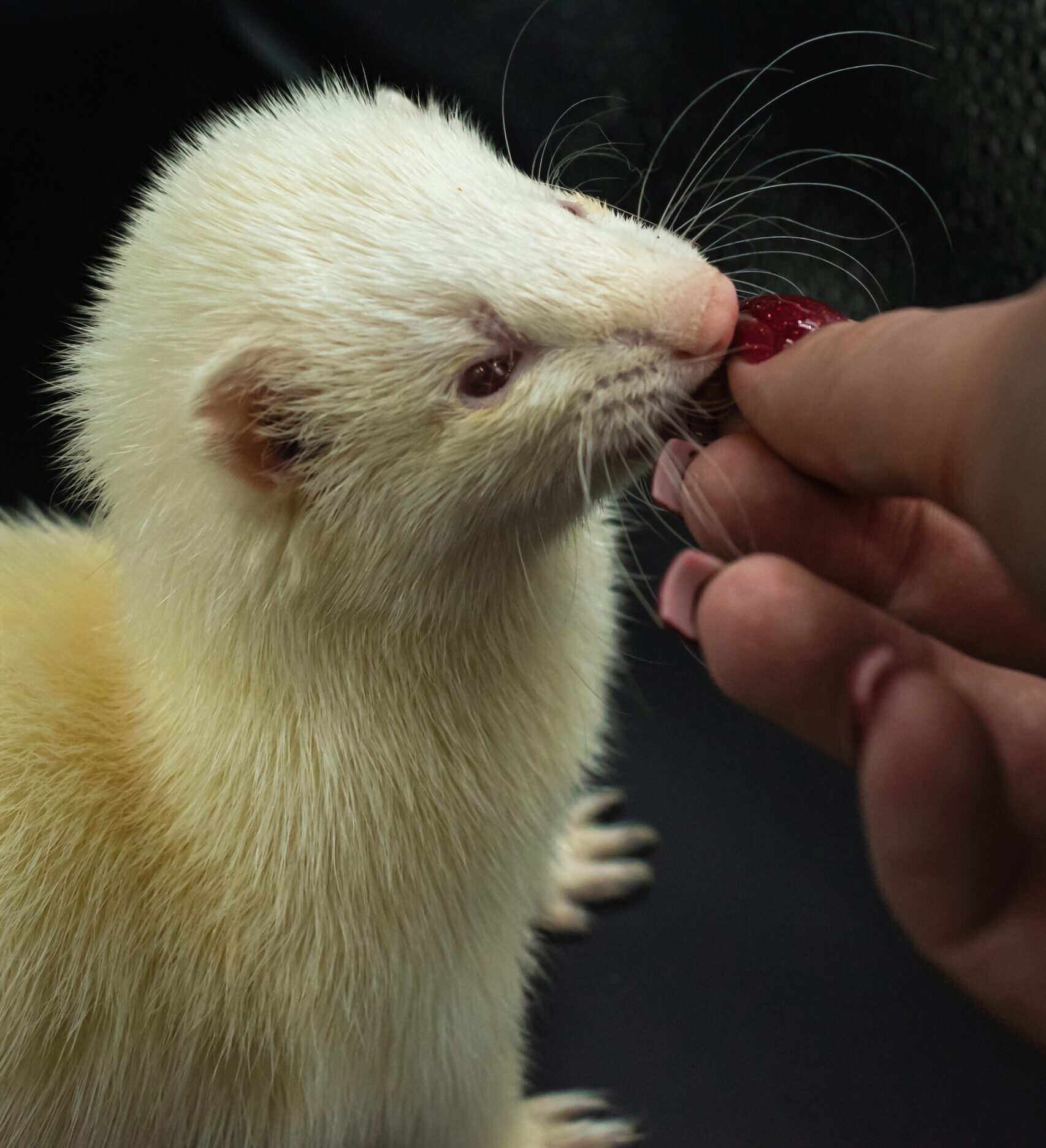For those seeking a unique and affectionate addition to their households, domestic ferrets stand out as charming and delightful companions. With their playful antics, curious nature, and social demeanor, ferrets have endeared themselves to pet enthusiasts worldwide. In this comprehensive guide, we’ll explore the qualities that make domestic ferrets exceptional pets, shedding light on their endearing personalities, interactive behaviors, and the responsibilities that come with welcoming these furry friends into your home.
Affectionate and Playful Personalities
- Social Creatures: One of the defining characteristics of domestic ferrets is their social nature. Ferrets thrive on companionship, both with their human family members and fellow ferrets. Their love for interaction makes them excellent pets for those seeking constant companionship.
- Playful Antics: Renowned for their playful and mischievous behavior, ferrets exhibit boundless energy and curiosity. Their love for playtime and exploration provides endless entertainment for pet owners, creating a lively and dynamic household environment.
- Bonding with Humans: Domestic ferrets form strong bonds with their human caregivers. They enjoy cuddling, nuzzling, and engaging in interactive play. This affectionate behavior fosters a deep connection, making ferrets not only pets but cherished members of the family.
Intelligence and Trainability
- Problem-Solving Abilities: Ferrets are known for their intelligence and problem-solving skills. Their inquisitive nature leads them to figure out how to navigate through spaces, open doors, and even stash away their favorite toys. This intelligence adds a dynamic aspect to the relationship between ferrets and their owners.
- Litter Training: Ferrets can be litter trained, making them relatively low-maintenance pets in terms of cleanliness. With consistent training and the right approach, ferrets can learn to use a litter box, contributing to a tidy living environment.
- Trick Training: Ferrets are capable of learning tricks and commands, adding an element of fun and engagement to their daily routine. From fetching toys to responding to their names, these trainable pets enjoy mental stimulation through interactive sessions with their owners.
Compact Size and Adaptability
- Petite Stature: Unlike larger pets, ferrets have a compact and manageable size, making them suitable for various living arrangements, including apartments and smaller homes. Their small size also means they don’t require as much space, making them adaptable to different lifestyles.
- Indoor Living: Ferrets are well-suited for indoor living, and their domestication has made them reliant on human care. This adaptability makes ferrets excellent pets for individuals or families who prefer indoor companions that can thrive in a controlled environment.
- Ease of Grooming: Grooming ferrets is relatively straightforward. Their short, sleek coats require minimal maintenance, and they do not have a strong odor if properly cared for. Regular grooming sessions, including nail trimming and ear cleaning, contribute to their overall well-being.
Endearing Vocalizations and Expressive Behaviors
- Dooking: Ferrets are known for their unique vocalizations, with “dooking” being a distinctive sound they make when excited or playful. This endearing noise adds to the charm of ferrets, creating a language of communication between them and their owners.
- Body Language: Ferrets use expressive body language to convey their emotions and intentions. From playful hops to a relaxed sprawl when content, ferrets communicate through physical cues, allowing attentive owners to understand and respond to their needs.
- Cuddling and Nuzzling: Ferrets exhibit affection through cuddling and nuzzling behaviors. This tactile communication reinforces the bond between ferrets and their owners, creating a sense of comfort and security for both parties.
Responsibilities of Ferret Ownership
- Dietary Needs: Ferrets have specific dietary requirements, including a high-protein diet. Owners must provide a balanced and nutritionally appropriate diet to ensure the health and well-being of their furry friends.
- Medical Care: Regular veterinary check-ups are essential for ferret health. Vaccinations, preventive care, and addressing any medical concerns promptly are crucial aspects of responsible ferret ownership.
- Enrichment and Playtime: Ferrets require mental and physical stimulation to stay happy and healthy. Providing a variety of toys, interactive play sessions, and opportunities for exploration contribute to their overall well-being.
Ferrets in a Multi-Pet Household
- Introducing Ferrets to Other Pets: Ferrets can coexist with other pets, including cats and dogs, with proper introductions and supervision. Gradual introductions, positive reinforcement, and a watchful eye help foster positive relationships between ferrets and other animals.
- Supervision and Safety: While ferrets can get along with other pets, supervision is crucial, especially during the initial stages of introduction. Ensuring a safe and secure environment for all pets minimizes the risk of any potential conflicts.
The Joys of Ferret Companionship
In conclusion, domestic ferrets offer a unique blend of charm, intelligence, and affection that makes them exceptional pets for those willing to embrace their playful nature and fulfill their specific needs. From their social interactions to their endearing vocalizations, ferrets have a way of bringing joy and laughter to households. However, it’s essential for prospective owners to understand the responsibilities that come with ferret ownership, including their dietary needs, medical care, and the importance of providing a stimulating environment. For those seeking an engaging and interactive companion that thrives on human connection, the domestic ferret proves to be a delightful addition to the tapestry of pet companionship.



